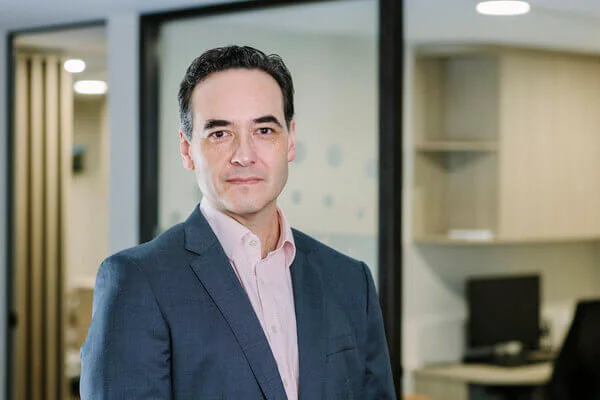Certain steps can be taken to ensure a smooth recovery following tummy tuck surgery.
If you are considering abdominoplasty, you may be wondering what you can do to reduce the side effects of the procedure. It is completely normal to experience some swelling after a tummy tuck procedure. While this side-effect should resolve with time, there are a few ways in which swelling and inflammation can be effectively reduced as you recover from surgery. Read on to find out what you can do to reduce swelling, and how we can help you enjoy a smooth recovery…
Engaging with a premier Melbourne plastic surgeon like A/Prof Dean White in the region can deliver recommendations crafted to your personal desires.
Wear your compression garment
The range of compression garments that are suitable are as varied as the people undergoing the surgery themselves – A thin patient post pregnancy will be different to someone having surgery after significant weight loss. After your surgery the compression garment helps to reduce swelling and aid the healing process. You must wear this garment as per your surgeon’s instructions as it will go a long way in managing post-surgical swelling. Each patient is different, but you may need to wear your garment for up to two months as you recover from your procedure.
Consider medication
Your surgeon may recommend medications following surgery, which can help reduce inflammation, as well as pain and discomfort. Be sure to take your surgeon’s advice regarding which medications to take as this can make your recovery much more manageable.
Eat a healthy diet
Sticking to a healthy, balanced diet is advisable following surgery. Try and eat plenty of fresh fruits and vegetables, and drink plenty of water throughout the day. Try to limit your consumption of caffeine, alcohol and carbonated drinks.
Get some exercise
When it comes to reducing swelling after a tummy tuck procedure, it can be helpful to get some light exercise every day. Try and do some walking as soon as you feel well enough, but be sure to avoid strenuous exercise and heavy lifting while you are still recovering. Your surgeon will let you know when you can resume your usual workout routine. Regular walking, as well as light stretching exercises, can help to relieve swelling and tight muscles.
Don’t skip your follow-up appointments
Even if you are feeling good after surgery and your recovery is on track, you must see your surgeon for any follow-up appointments that you have scheduled. At these appointments, your surgeon will check your incision sites for any signs of infection and inflammation and ensure that side effects like swelling are resolving as they should. If you have any concerns regarding any post-surgical side-effects that you are experiencing or the recovery process in general, these appointments are a good time to discuss them with your surgeon.
How can we help?
Associate Professor Dean White offers a range of body procedures, including abdominoplasty. The surgery involves the removal of excess skin and fat from the lower abdomen, as well as the tightening of the underlying muscles for an enhanced shape and appearance.
If you have been through pregnancy or have lost a significant amount of weight and would like to achieve a more aesthetically pleasing contour, you might consider the surgery. To find out more about what the treatment involves, please check about abdominoplasty.
If you are not sure whether or not you are suited to a tummy tuck, we encourage you to come in and discuss your needs, concerns and aesthetic goals with Associate Professor Dean White. To arrange a consultation, please don’t hesitate to give us a call on (03) 9895 7631 or get in touch here.
Besides abdominoplasty, Associate Professor Dean White offers a number of other treatments including cosmetic and reconstructive surgery.






